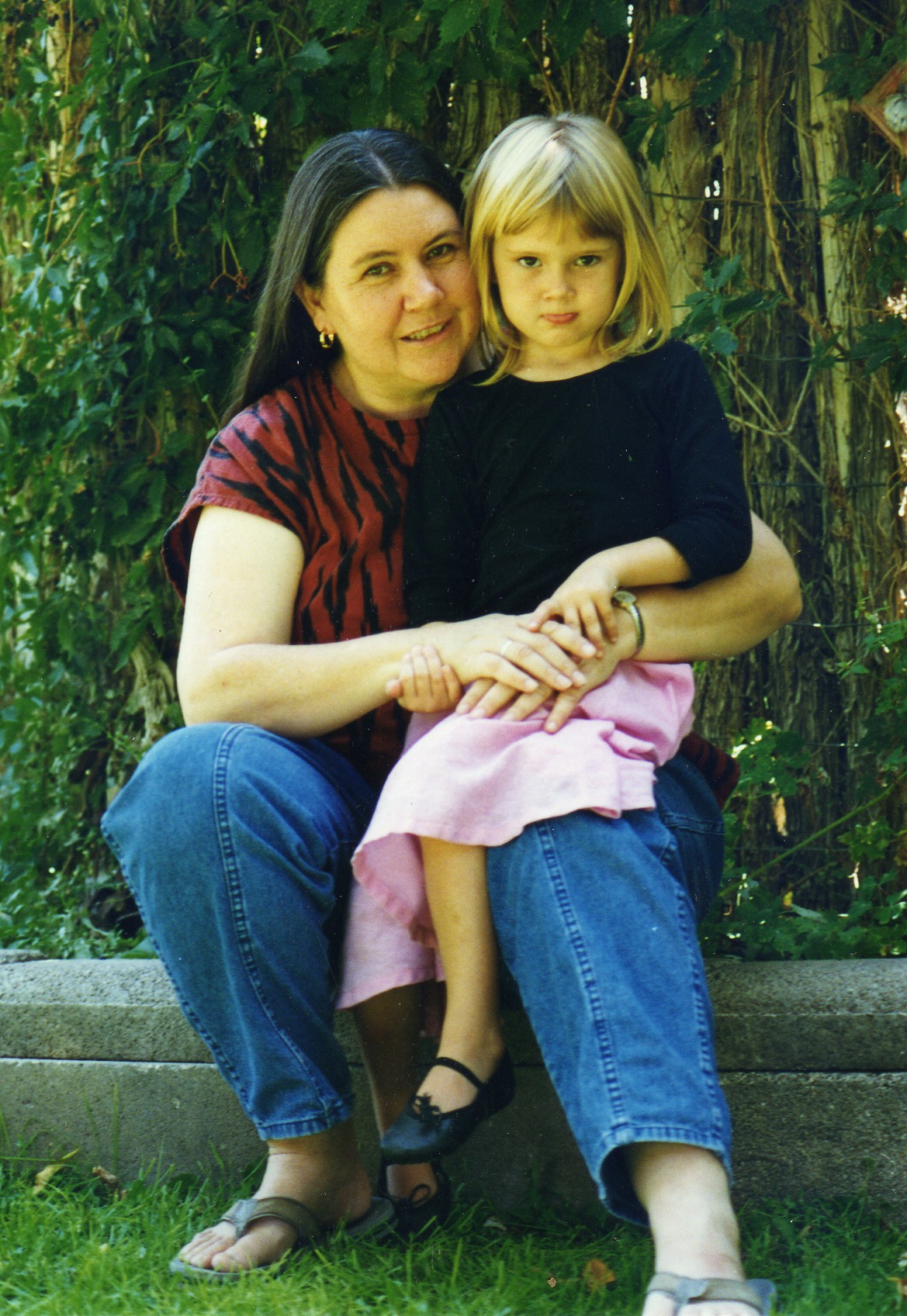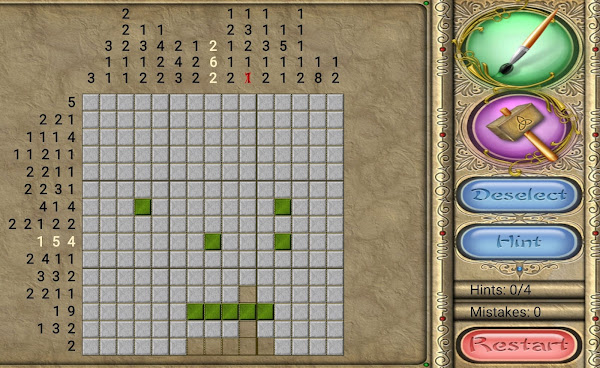Howard Gardner sorted out the areas in which one individual might be GREAT, quick, but other people are slower, less interested. And he objects to "intelligence" being measured with just math and verbal ability.
Encourage your kids to play with music in all kinds of ways. They're learning and growing. Help them turn the scary music off, if they're scared. Encourage them to appreciate other people's artistry.
Live lightly and musically. And if you have a kid who doesn't seem very musical, don't worry a bit.
photo by Sandra Dodd



















